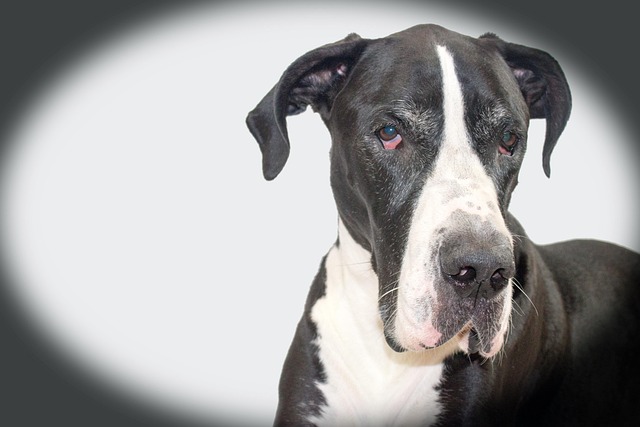
How to correct the habit of a dog eating too quickly
When we happily bring delicious food to our dogs, we see them gobble it up like a storm. Before we can even react, the bowl is already empty.
German Shepherds are majestic and intelligent. With their strong and agile figures, their eyes reveal alertness and loyalty. Whether they are performing tasks in the military and police forces or serving as guardian angels in ordinary families, they demonstrate extraordinary abilities. As owners, everyone hopes to train their German Shepherds to be excellent, and among them, determining the best training age is crucial.
From the perspective of the growth and development process of German Shepherds, the puppy stage is an extremely critical period. Generally speaking, when a German Shepherd puppy reaches 2 to 3 months old, some basic training can begin. Puppies at this stage are like a pure blank sheet of paper, full of curiosity about the world and have strong learning abilities. They start to gradually adapt to the new environment and establish a preliminary connection with the owner. Conducting training at this time can enable the puppy to develop good behavior habits from an early age. For example, teaching them to defecate in a designated place not only keeps the living environment clean but also helps the puppy learn self-discipline. Through patient guidance, when the puppy defecates in the correct place, immediately give rewards such as delicious snacks or enthusiastic praise, and they will quickly understand the owner's intention. At this stage, simple obedience training, such as commands like "sit" and "come here", can also be carried out. Although the puppy's attention span is limited, they are highly interested in new things. Taking advantage of this, using interesting training methods can make the training process full of fun. Watching the puppy strive to understand the commands and unsteadily make the correct movements, with that cute and serious appearance, it makes people feel full of joy.
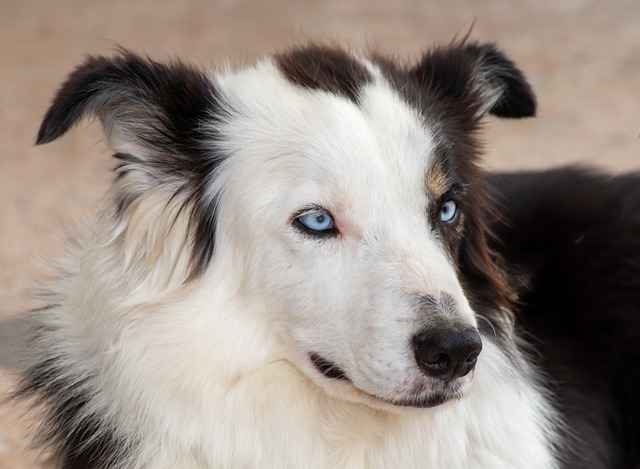 As the puppy gradually grows older, when it reaches 4 to 6 months old, its body and mind develop further, and this period is the golden stage of training. At this time, German Shepherd puppies have more energy and can concentrate their attention for a relatively longer time. The difficulty and richness of the training can be increased. For example, train them to walk with the owner without pulling the leash randomly. This can not only exercise the puppy's obedience but also strengthen the tacit understanding with the owner. In an outdoor environment, the puppy will face various temptations, such as other small animals and interesting smells. Through training, let them learn to focus on the owner's commands and resist external distractions. At the same time, socialization training is particularly important. Take the puppy to meet different people and other dogs, and let them learn the correct way of socializing to avoid fearful or aggressive behaviors when they grow up. When seeing the puppy playing friendly with other little friends and interacting confidently with strangers, a sense of achievement arises spontaneously.
As the puppy gradually grows older, when it reaches 4 to 6 months old, its body and mind develop further, and this period is the golden stage of training. At this time, German Shepherd puppies have more energy and can concentrate their attention for a relatively longer time. The difficulty and richness of the training can be increased. For example, train them to walk with the owner without pulling the leash randomly. This can not only exercise the puppy's obedience but also strengthen the tacit understanding with the owner. In an outdoor environment, the puppy will face various temptations, such as other small animals and interesting smells. Through training, let them learn to focus on the owner's commands and resist external distractions. At the same time, socialization training is particularly important. Take the puppy to meet different people and other dogs, and let them learn the correct way of socializing to avoid fearful or aggressive behaviors when they grow up. When seeing the puppy playing friendly with other little friends and interacting confidently with strangers, a sense of achievement arises spontaneously.
When the German Shepherd enters the stage from 6 months to 1 year old, training is still indispensable. Although they already have a certain foundation, they still need to further consolidate and deepen the skills they have learned. During this period, the dog's personality gradually takes shape, and training can help them shape a stable and good personality. For example, carry out some simple agility training, such as jumping over obstacles, which can not only exercise their physical fitness but also improve their intelligence and reaction ability. Moreover, as the dog grows older, its emotional dependence on the owner also deepens, and the training process is also a good opportunity to strengthen this emotional connection. Every successful training session is like building a stronger emotional bridge between them and the owner.
Even after the German Shepherd reaches adulthood, the training should not stop. Adult dogs have stronger comprehension and execution abilities and can learn more complex skills. Whether it is the training for working dogs to perform specific tasks or the training for family pet dogs to further improve their life manners, it can make their lives more fulfilling and meaningful. Looking at the adult German Shepherd standing tall and skillfully completing various commands, showing excellent abilities and qualities, the owner is filled with pride.
German Shepherds have suitable training contents and focuses at different age stages. From the enlightenment in the puppy stage to the continuous improvement in adulthood, the training at each stage is a kind of care and investment for them. We accompany the German Shepherd to grow up, witness their progress in the training, and what we gain is not only a well-trained dog but also a deep and beautiful emotional bond. Let's use patience and love to give the most appropriate training at each stage of their growth to help them become better selves.

When we happily bring delicious food to our dogs, we see them gobble it up like a storm. Before we can even react, the bowl is already empty.

When a fluffy springer spaniel puppy stumbles into the house on unsteady little paws, it brings not only endless joy but also growth tasks that require patient guidance.
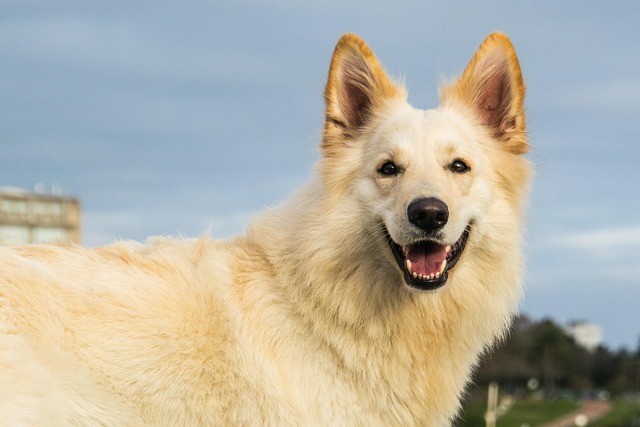
When we take our dogs for a walk or when there are guests at home, we sincerely hope that our dogs can sit still and show their well-behaved side.
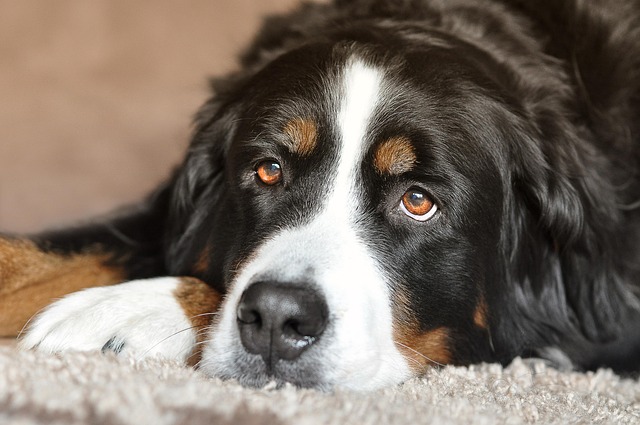
Walking a dog should be a wonderful time shared between the owner and the beloved pet. However, when the dog suddenly exerts force and drags the leash wildly, the comfort is instantly replaced by tension.

When the fluffy little puppy comes to our home, its innocent and lovely appearance instantly captures our hearts.
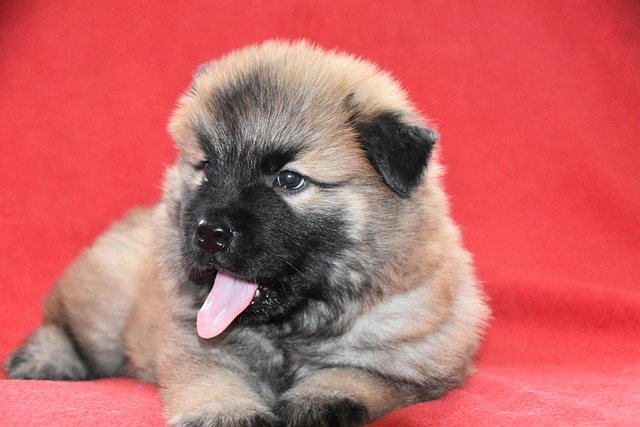
In the late night, when the whole world is immersed in tranquility, the dog at home suddenly starts barking incessantly. The sharp barking breaks through the silence,